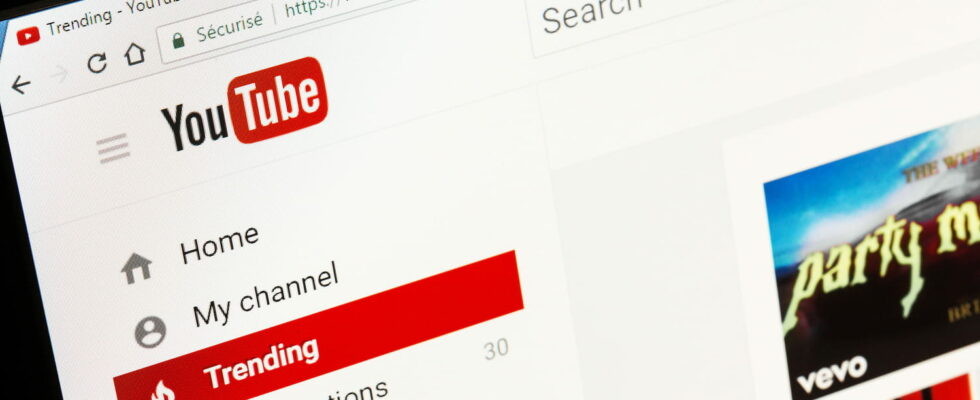Google will end fact-checking on YouTube Europe. A measure which follows recent declarations by the bosses of Meta and X on their disengagement from the fight against disinformation. Fake news will proliferate.
On January 7, Mark Zuckerberg, boss of Meta, announced that he was putting an end to fact-checking of his Facebook, WhatsApp and Instagram platforms in the United States. A declaration which had the effect of a thunderbolt in the media sphere since it directly impacts content moderation and reinforces the propagation of false information on social networks.
After Meta, it is now Google which acts on its YouTube platform. According to the American media Axiosthe Californian firm has thus chosen to renounce the fact-checking of the social network in Europe. A decision confirmed by the company which imposes its position in the face of European law. Google’s president of global affairs, Kent Walker, declared in a letter to the European Commission that the integration of fact-checking “is simply not appropriate or effective for our services”specifies the source.
End of fact-checking on YouTube: Google joins Meta and X
With this measure, Google joins the list of social network owners who have already announced that they will end fact-checking on their platforms. Elon Musk was the first with X, then Mark Zuckerberg recently followed with the various Meta sites.
One point still needs to be raised. This wave of announcements was taken in the name of freedom of expression, Musk and Zuckerberg defend. For one, as for the other, fact-checking is considered a censorship tool, since it makes it possible to moderate content shared on social networks, particularly that considered violent and inappropriate. In addition, they arrive a few days before the inauguration of Donald Trump as president of the United States, who notably benefited from the support of Elon Musk during his presidential campaign.
End of fact-checking on YouTube: Google does not want the European DSA
Besides American policy, the main reason why Google is suspending YouTube fact-checking in Europe concerns the Digital Service Act. This European charter against fake news was created in 2018 then strengthened in 2022. Until then, it had no binding power, but changes are announced in the coming months.
With the application of “European code of good practices against disinformation” initially signed by Google, in the Digital Service Act, the Californian firm is withdrawing from the fight against disinformation. Google “will withdraw from all fact-checking commitments to the code, before it becomes the DSA code”states Kent Walker in his letter to the European Commission.
Without fact-checking, YouTube announced the implementation of background notes to videos. This new function should allow users to correct information or give context to a video. On X, it is called community notes and indicates in particular whether or not a photo of a tweet was generated by an AI.
